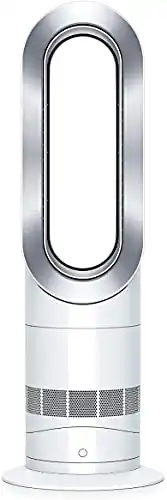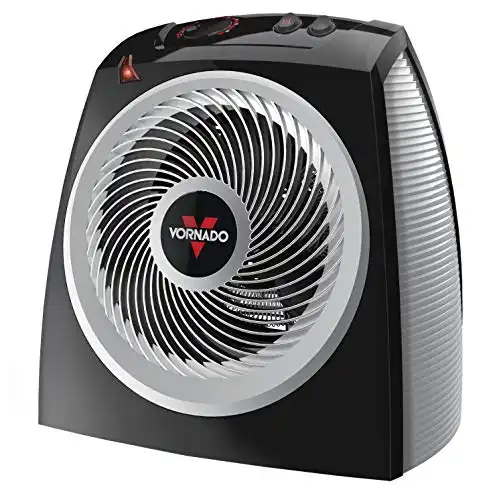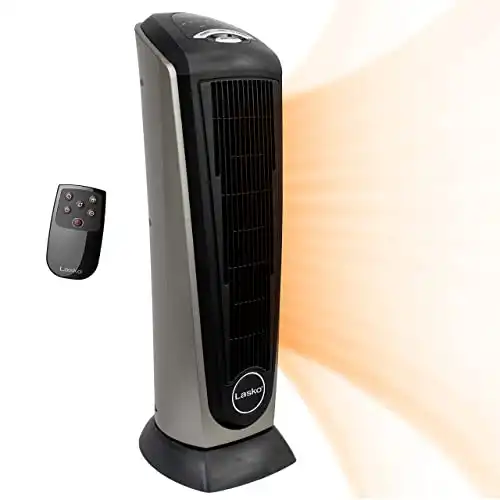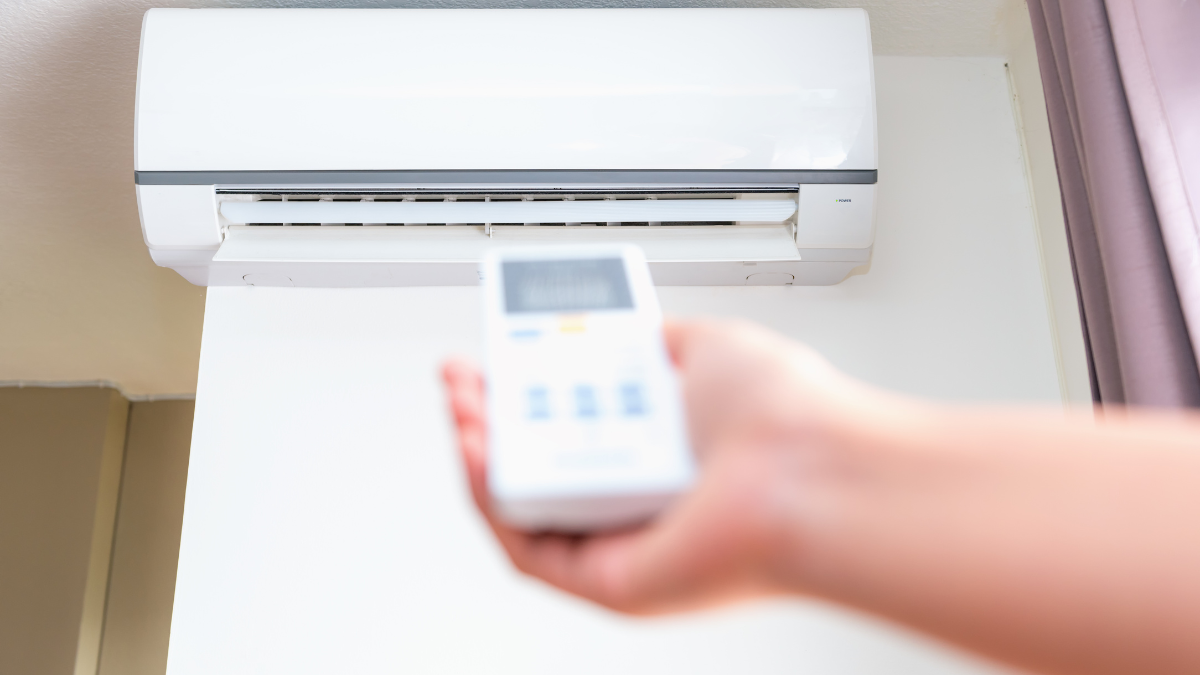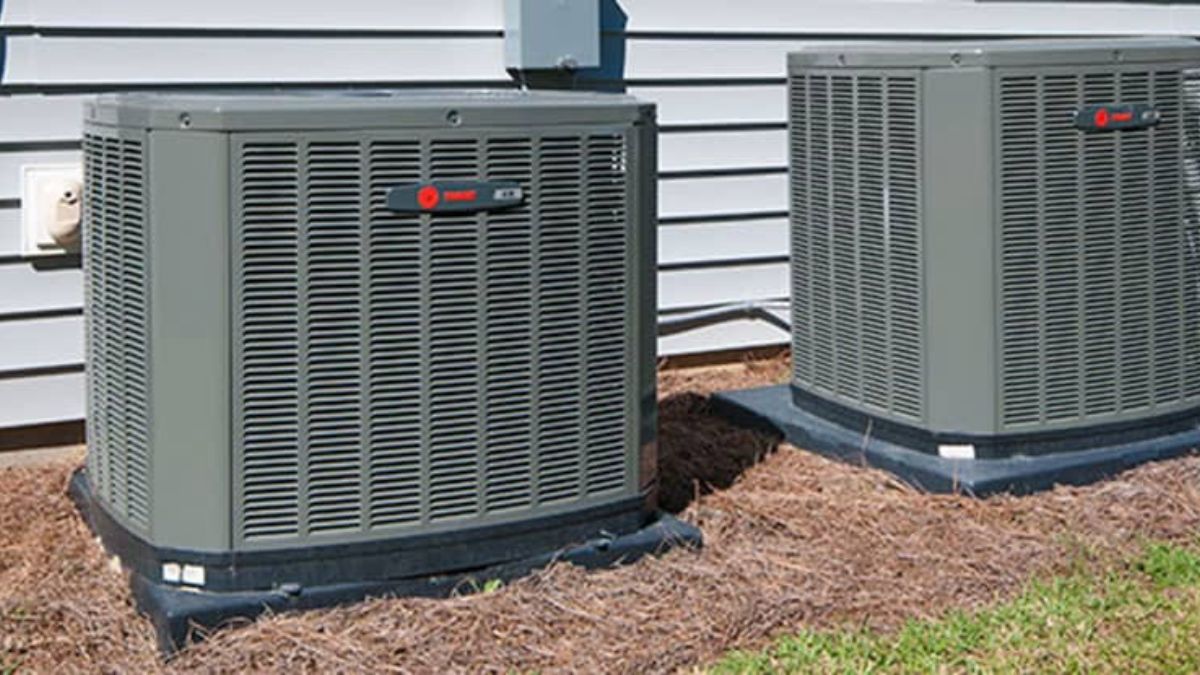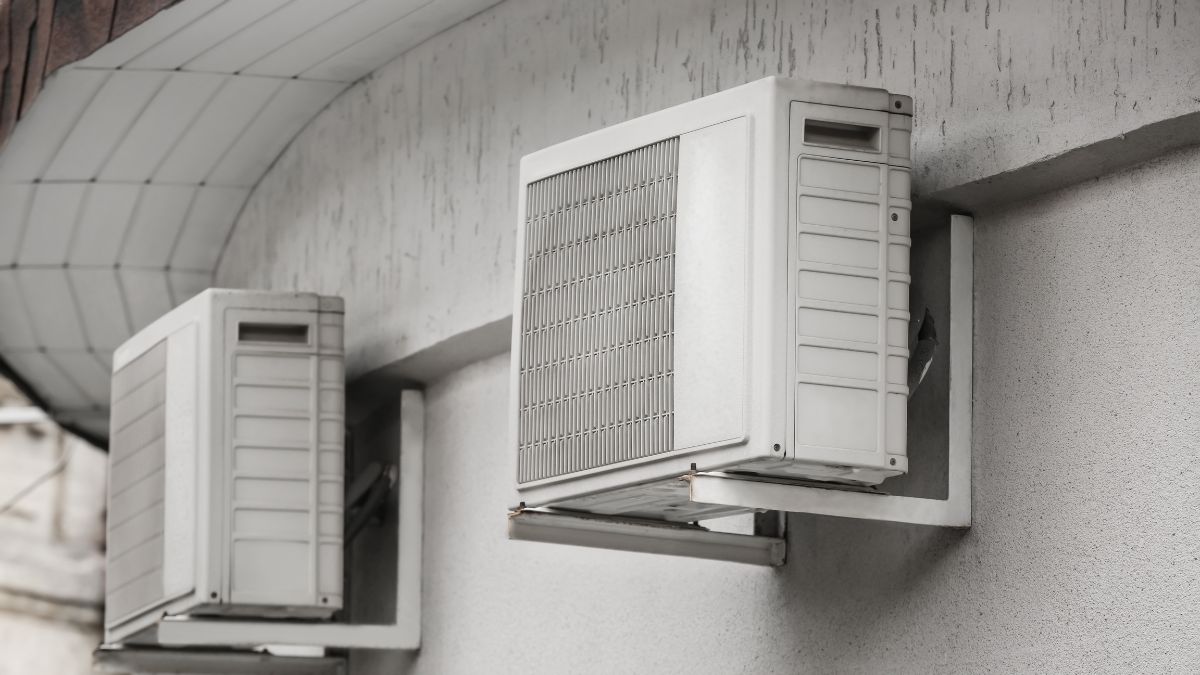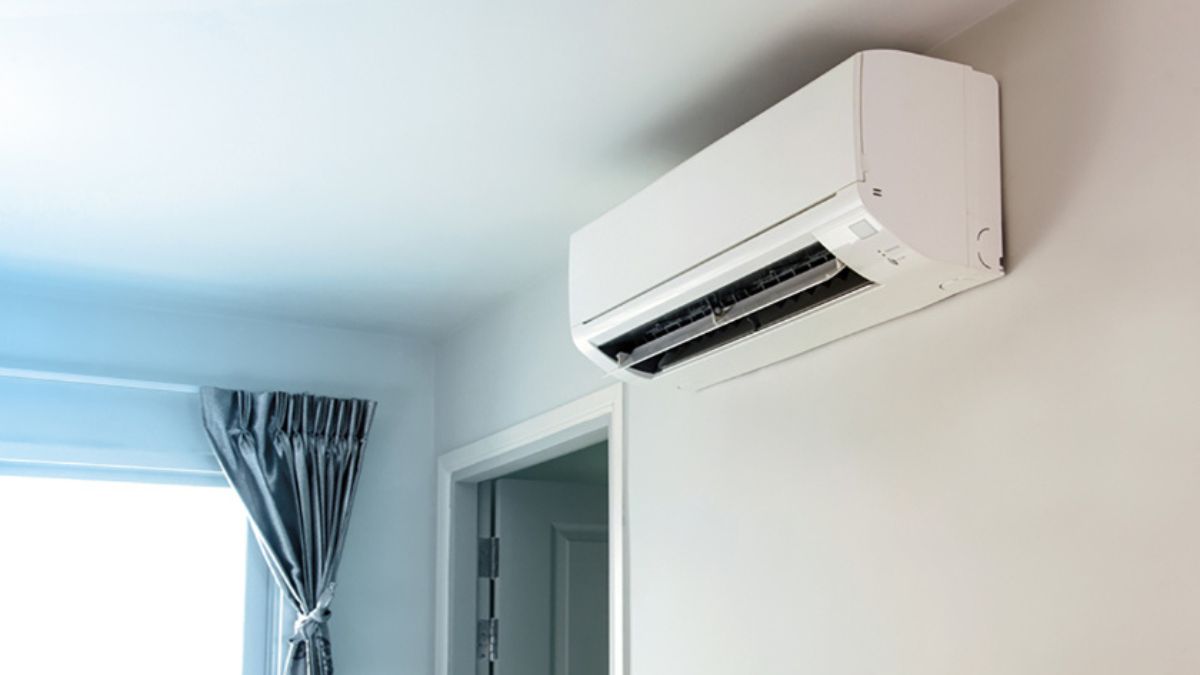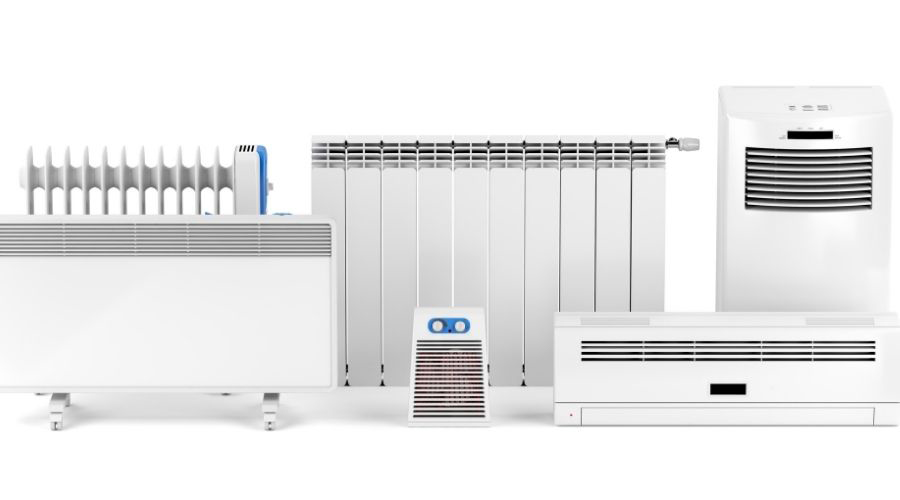
Any investment in your family’s well-being or comfort will always be an arduous task to undertake. Ventilation on heaters can be of great concern if there were faulty or installed wrong.
The significant part about electric heaters is that they suffer none of these circumstances while being very portable.
This article offers guidance in the form of safety and stylish options to keep your home warm during the cold, bitter winter months. Still, before we go on, the day’s question is, do electric heaters need ventilation?
Although many varieties of space heaters require some ventilation, electric heaters do not. Electric heaters, in short, only run on electricity.
A space heater would require ventilation if it had some other fuel, like propane or gasoline. If your space heater requires fuel for heating, the ventilation is there for your safety as the combusted material harms you and your family.
In this article, we will answer numerous questions about space heaters and go over any concerns you may have.
This article will also provide a list of safety tips recommended when selecting safe space heaters that is right for you and your family.
We will also address the heater’s proper placement and how to keep it out of reach of pets, children, and other dangerous, volatile situations that could potentially occur.
Do Electric Heaters Need Ventilation?
Diving deeper into the explanation above, electric space heaters do not need ventilation. Ventilation implies some exhaust is given off due to the burning and combustion of fuel.
Because the only power an electric heater needs to function and give off heat is electricity, there is no need for vents.
Unlike electric heaters, propane or other natural gas heaters need proper ventilation to keep the device running correctly without malfunctions and keep yourself safe from potentially harmful fumes.
What Do Heating & Ventilation Mean?
Heaters are appliances that heat the area around them, whether it be the whole home if you are using your central heating, or it could be the room in which they are stationed with a portable space heater.
Heaters exist for various types of fuel. These include solid fuels like coal or wood, liquids such as heating oil or ethanol, a gas such as propane and gasoline, and electricity.
All of these, except for electricity, need some ventilation to prevent malfunction in your heating appliance and safety.
Ventilation for heaters essentially releases the exhaust product of a combustible fuel used to run your space heater. In other words, ventilation is essential for your safety when dealing with heaters that use any power.
Some heaters that use energy like coal or gasoline can produce carbon dioxide, which can be extremely harmful if not adequately ventilated outside your home.
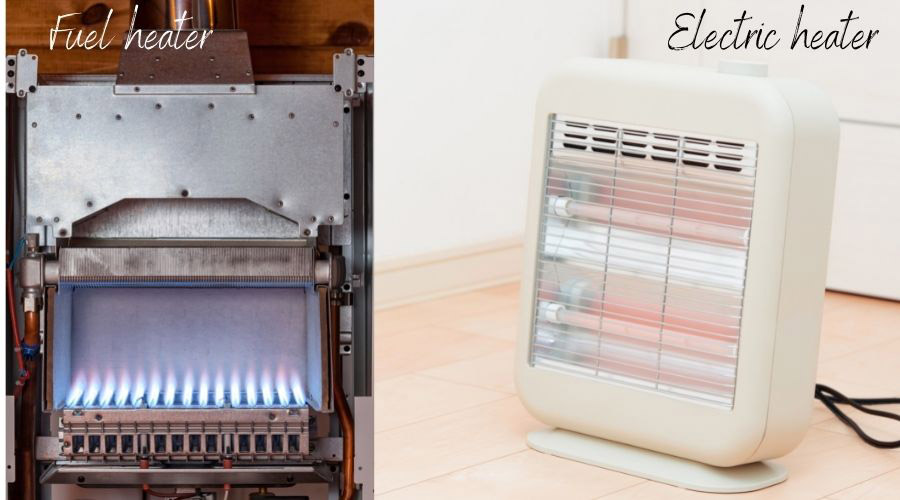
Differences Between Electric & Fuel Heaters
| ELECTRIC HEATERS | FUEL HEATERS |
|---|---|
| Does not require ventilation | Requires ventilation |
| More expensive in the long run | Less expensive in the long run |
| Less expensive upfront | More expensive upfront |
| Needs electricity to run | Requires fuel & not electricity |
| Heats the room up quickly | Heats the room up quickly |
| Can be used indoors | Not feasible indoors |
| Uses fewer mechanical parts in the heater | Requires more mechanical parts in the heater |
| There is no need to worry about potential gas leakages | You will need to be more cautious about gas leakages |
The main difference between these two types of heaters is that one requires fuel such as propane or gasoline to heat space, while electric heaters only need an outlet to work.
Electric heaters tend to be more expensive in the long run via upping your electric bill every month, but there are ways to combat this.
Please turn off your central heating unit and only use your electric heaters whenever you’re in the room where they are being kept.
The other main difference between electric and heaters that require fuel is that the fuel heaters require sufficient ventilation.
This is because the fuel heaters such as propane go through a process where they burn or combust the fuel necessary for the heater to heat the area you are in.
This ventilation must be deposited outside with a duct connected to the vents on the heater. If these heaters are not vented, the fumes produced will harm you and your family and cause illnesses.
It is also advised not to use fuel-consuming space heaters indoors for that very reason. They are primarily used for outdoor areas without a possible connection to electricity.
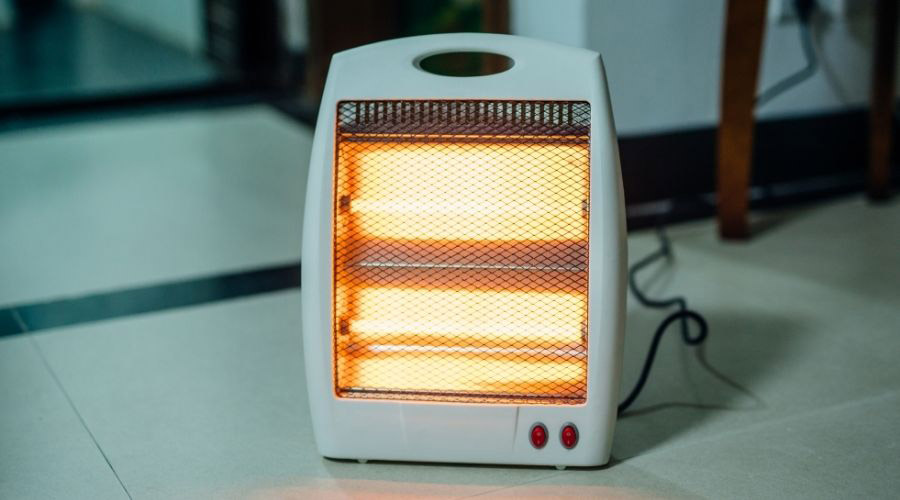
How To Use An Electric Heater Safely
If you’re looking to save money when trying to heat your home, the primary key is only to heat the rooms you and your family are occupying.
This will allow you to give your central heating system a break while also saving you money. According to the National Fire Protection Association (NFPA), space heaters are responsible for ⅓ of all home fires.
Also, radiators are approximately 4 out of 5 home heating fire-related deaths, so it is highly advised to pay close attention to safety when using any space heater.
When using space heaters, keep the following safety tips in mind.
- Be sure to keep the space heater away from anything that can burn. This includes but is not limited to bedding, furniture, curtains, and more. Keep your space heater at least 3 feet away from all other possible ignition sources.
- If you have children, instill a 3-foot rule about your space heaters and never use a space heater in your children’s bedroom.
- Always run the cords for your space heaters on top of the carpet and throw rugs, be sure to step over the wires to avoid causing damage to the cable.
- It is highly advised not to use extension cords or power strips for your space heater because it will overload the circuits and potentially cause an electrical fire.
- Turn off all space heaters when going to bed or leaving the room. It is essential to do this, even when you leave the room for only a minute or two to get a snack or go to the restroom.
When you are not home, make sure to unplug the heater in its entirety. This assures nothing will happen and saves you money on energy consumption.
- Do not use a space heater in a damp room, such as the bathroom or mudroom, unless that space heater is specifically made for that purpose.
- Never put space heaters on top of counters or tables unless that heater is specifically made to do so. Always make sure it is on a flat surface as well.
- Install smoke and carbon monoxide alarms in all rooms, primarily if you use space heaters regularly. Get them tested monthly to help prevent damage to yourself and your family when using space heaters throughout your home.
- Only purchase space heaters that are duly certified by looking for the proper markings from the following safety testing companies: Underwriters Laboratories (UL), Intertek (ETL), or a CSA International certification.
- Don’t use gas, propane, or oil-burning space heaters indoors; these are only for outdoor use or in spaces with easy access to the outside, such as a garage, tents, and porches.
This is because these will vent off dangerous exhausts that can cause damage to yourself and your family if these are used indoors or in close spaces with little or no ventilation.
- As always, thoroughly read and follow all manufacturer’s directions for your space heaters.
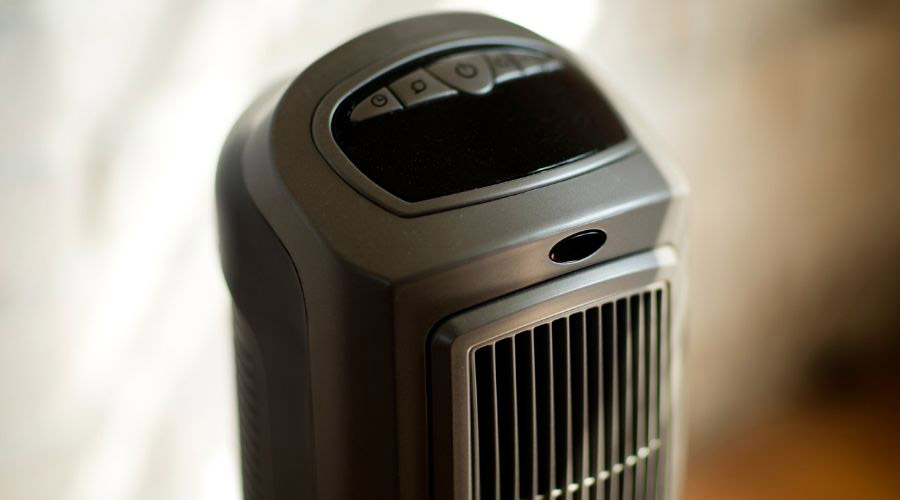
What Are the Safest Electric Heaters?
Regarding safety, you may wonder what the best electric space heaters are. Here, we picked out some of the top 3 contenders of what we believe to be the best.
The first heater we will be going over in this list is the Dyson. This heater in itself stands out for a few reasons. It is unmatched in what it offers, prioritizing function taking form over the price, ranging from performance to overall stylish aesthetic.
Dyson electric heater comes in two colors: a sleek iron and blue combination, the other being a minimalist white and silver.
This particular radiator’s price may be imposing at first glance, especially with a price tag of over $500. Still, its unique attributes and how nicely it complements a room offsets this price.
The room itself can fit any comfort level desired with an intelligent thermostat monitor and comes with the standard safety features expected, like no exposed heating elements.
Auto-shutoff switch for any mishaps with the busy modern family makes it the perfect product for small children and pets. Some other bonus features exclusive include:
- The Quiet Mark accreditation
- An integrated sleep timer
- Precise and energy-efficient heating
- A bladeless fan that provides a constant flow of heated air across the entire space
The Vornado VH10 is a high-performance heater that maintains a balanced room temperature using Vortex Action airflow. With two heat settings and low/high power consumption options, the VH10 can easily pay for itself in energy savings. The exterior remains cool to the touch, making it safe for use around children and pets.
In contrast to Dyson, this heater is much more affordable, only coming in around $120. While not as stylish, it is a more compact space heater while still coming with many benefits.
The Vornado comes with two heat settings being a low 750-watts and a high 1500-watts, allowing it to heat up to 300 cubic feet of space comfortably.
This heater has a cool-to-the-touch case around the heating element, so you can reposition the heater without letting it cool while also including tip-over protection and an automatic safety shut-off system for worry-free use.
While being the cheapest of the bunch, the Lasko, clocking in at just under $55, still comes with its package of safety features and other bonuses.
The Lasko can heat up to 250 feet of space in your home while also having an oscillation feature. Other safety features include an auto-off switch for overheating and tip-over protection and a low and high wattage setting.
Final Thought
In short, although many types of space heaters need some ventilation for your safety for the appliance’s lifespan, electric heaters do not.
When using any space heater, be sure to promptly read and fully understand the user manual before you use it and set it up properly to help prevent your home from catching fire due to improper use of space heaters.


